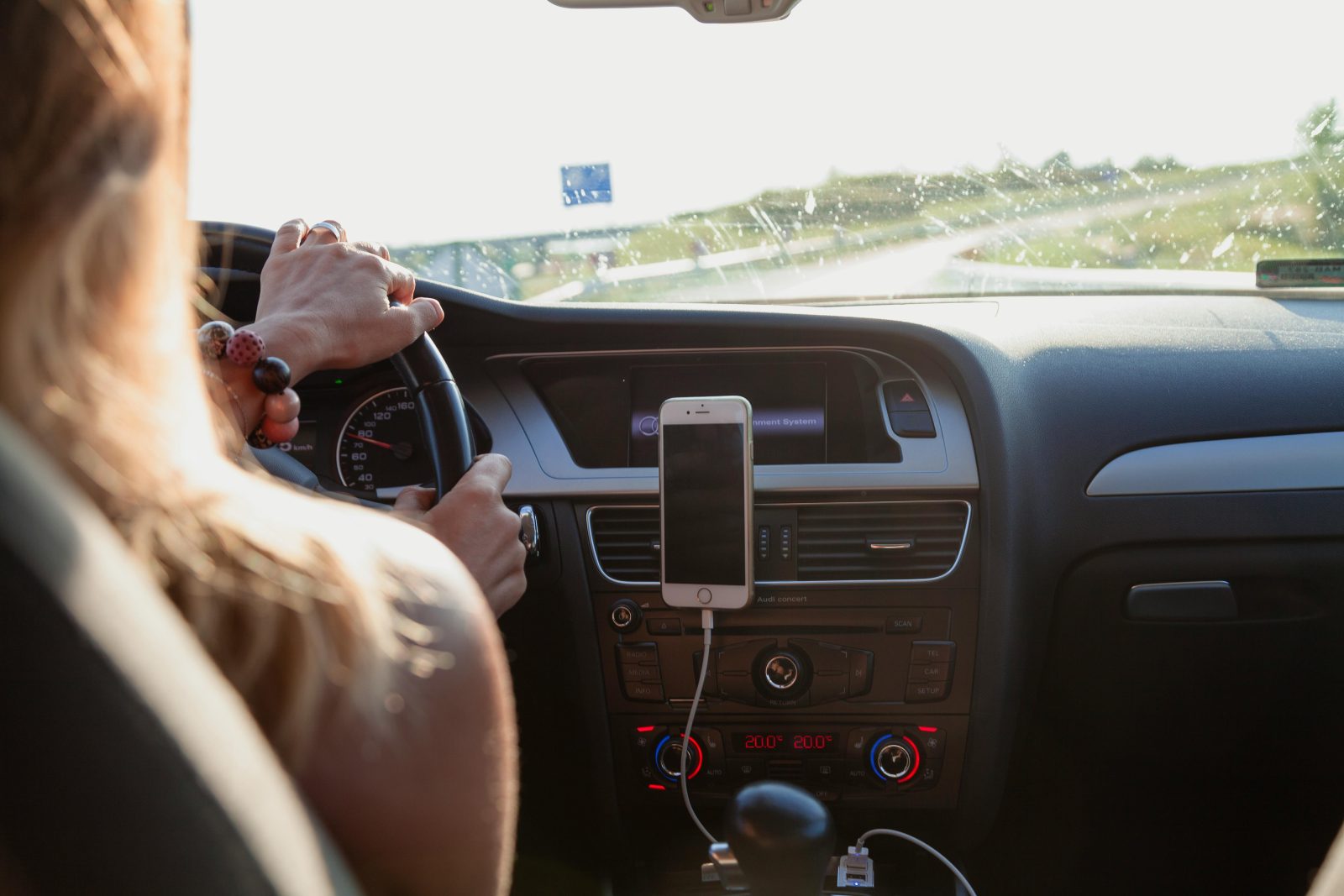
Can You Drink Tap Water in Singapore?
Singapore is known for its modern infrastructure and high sanitation standards. So, it’s no surprise that tap water in Singapore is generally safe to drink. However, it’s essential to understand Singapore’s water supply and the measures taken to ensure its quality and safety.
Understanding Singapore’s Water Supply
When it comes to water, Singapore faces unique challenges. With limited natural water resources, the country relies on a diversified water supply strategy to meet its needs. This strategy comprises four pillars: water from local catchments, imported water from Malaysia, high-grade reclaimed water known as NEWater, and desalinated water.
The Process of Water Treatment in Singapore
Before being distributed to households, Singapore’s tap water undergoes rigorous treatment processes. The process starts with coagulation and flocculation, where chemicals are added to remove particles and impurities. This is followed by sedimentation, where the floc settles at the bottom of the tanks. The settled water then undergoes filtration to remove any remaining particles.
Next, the water goes through a disinfection process using chlorine to kill harmful microorganisms. To ensure the residual chlorine levels remain within safe limits, ammonia is added to form chloramines, which provide a longer-lasting disinfection effect. Finally, the treated water is stabilized with lime to control its pH level.
But what happens to the by-products of these treatment processes? Singapore has implemented an innovative approach to minimize waste and maximize resource efficiency. The sludge generated from the coagulation and flocculation process is further treated to extract valuable resources. Through a process called anaerobic digestion, the sludge is broken down by microorganisms in the absence of oxygen, producing biogas. This biogas can then be used as a renewable energy source, reducing Singapore’s reliance on fossil fuels.
The Role of NEWater in Singapore’s Water Supply
NEWater plays a crucial role in Singapore’s water supply. It is produced through advanced membrane technology, which filters out bacteria, viruses, and even dissolved organic compounds. The treated water undergoes further purification using ultraviolet disinfection and reverse osmosis.
NEWater is regularly blended with raw water from reservoirs before undergoing conventional water treatment processes. By integrating NEWater into the system, Singapore reduces its reliance on imported water and optimizes its water resources.
But did you know that NEWater is not only used for domestic purposes? Singapore has also embraced the use of NEWater for industrial applications. Industries such as electronics manufacturing and wafer fabrication require ultra-pure water, and NEWater meets their stringent requirements. By utilizing NEWater for industrial purposes, Singapore ensures a sustainable water supply for both its residents and industries.
Quality and Safety of Singapore’s Tap Water
Ensuring the quality and safety of tap water in Singapore is of utmost importance. The government has set strict standards and guidelines that are among the most stringent in the world.
Singapore’s commitment to providing safe drinking water is evident in the comprehensive measures taken to maintain high-quality standards. The country’s tap water undergoes rigorous testing and monitoring processes to ensure that it is clean and safe for consumption by its residents.
Standards for Drinking Water in Singapore
The Public Utilities Board (PUB) in Singapore sets the drinking water quality standards, which comply with the World Health Organization’s guidelines. These standards address parameters such as microbiological, chemical, and physical properties of the water.
Adhering to these stringent standards is vital in safeguarding public health and well-being. The PUB works tirelessly to uphold these regulations and continuously strives to improve water quality through innovative technologies and sustainable practices.
The PUB conducts regular testing and analysis to ensure that tap water meets these stringent standards. Additionally, Singapore’s water quality is independently assessed and certified by international organizations like SGS and TÜV SÜD.
Regular Testing and Monitoring of Water Quality
In Singapore, water quality is closely monitored at all stages, from source to tap. The PUB conducts over 400,000 tests annually to ensure that tap water is safe for consumption.
Sampling is done at various points, including water treatment plants, reservoirs, and consumer premises. The tests cover a wide range of parameters, including pH level, turbidity, bacteria, metals, and disinfection by-products. This comprehensive monitoring ensures that any issues are detected promptly and appropriate actions are taken.
Moreover, Singapore’s dedication to water sustainability is reflected in its efforts to promote water conservation and efficiency. The country has implemented various initiatives to reduce water wastage and encourage responsible usage among its citizens. By fostering a culture of water conservation, Singapore aims to ensure the long-term availability of clean and safe drinking water for future generations.
Health Implications of Drinking Tap Water
Drinking tap water in Singapore can have both potential health benefits and some risks. However, overall, the benefits outweigh the risks.
Potential Health Benefits of Tap Water
Tap water in Singapore is fluoridated, which means it contains low levels of fluoride. Fluoride is essential for oral health as it helps prevent tooth decay. By drinking tap water, you can strengthen your teeth and reduce the risk of dental problems.
In addition to fluoride, tap water also contains other essential minerals like calcium and magnesium. These minerals play a crucial role in maintaining healthy bones and overall well-being. Calcium, for instance, is vital for bone strength and density, while magnesium helps regulate muscle and nerve function.
Possible Health Risks and How to Mitigate Them
While tap water in Singapore is generally safe, some individuals may be more susceptible to certain contaminants. It is important to be aware of these risks and take appropriate measures to mitigate them.
- Lead: To minimize exposure to lead, it is recommended to flush the tap for a few seconds before using it for drinking or cooking. Lead can be present in old plumbing systems, so this simple precaution can help reduce any potential risk.
- Legionella: Certain individuals, such as those with compromised immune systems, may be more susceptible to Legionella bacteria. Regular maintenance and cleaning of faucets and showerheads can help mitigate the risk. It is advisable to follow manufacturer guidelines for cleaning and disinfecting these fixtures.
- Pregnant women and young children: While tap water is generally safe for these groups, it is advisable for pregnant women to consult their healthcare providers regarding their individual circumstances. They may have specific concerns or considerations that need to be addressed.
It is worth noting that the Singapore government has stringent regulations in place to ensure the safety and quality of tap water. The Public Utilities Board (PUB) regularly monitors and tests the water supply to maintain high standards. Additionally, the PUB conducts public education campaigns to promote awareness about tap water safety and encourage responsible water usage.
By being informed and taking necessary precautions, individuals can confidently enjoy the health benefits of tap water in Singapore while minimizing any potential risks.
Comparing Tap Water to Bottled Water in Singapore
When it comes to choosing between tap water and bottled water in Singapore, it’s worth considering several factors, such as environmental impact, cost, and health benefits.
Singapore’s tap water is well-regarded for its high quality and safety standards. The water undergoes rigorous testing and treatment processes to ensure that it meets the World Health Organization’s guidelines for drinking water quality. By opting for tap water, you can have peace of mind knowing that you are consuming water that is not only safe but also free from harmful contaminants.
Environmental Impact of Bottled Water
The production and disposal of plastic water bottles have significant environmental consequences. By choosing tap water, you can significantly reduce plastic waste and the carbon footprint associated with bottled water. In addition, the energy and resources required to manufacture and transport bottled water contribute to greenhouse gas emissions and environmental degradation.
Cost Comparison Between Tap and Bottled Water
Tap water in Singapore is relatively inexpensive, while bottled water can be significantly more expensive. By choosing tap water, you can save money in the long run and also contribute to sustainable water management. Moreover, the cost of bottled water includes not just the water itself, but also the packaging, transportation, and marketing expenses, making it a less cost-effective option compared to tap water.
Tips for Tourists: Drinking Water in Singapore
For tourists visiting Singapore, staying hydrated is essential, especially in the tropical climate. Here are some useful tips for accessing drinking water:
Where to Find Drinking Water in Public Places
Singapore has an extensive network of water coolers called “Water-Vend” stations. These stations provide free drinking water, and you can find them at various locations, including shopping malls, parks, and transport hubs. Just bring along a reusable water bottle, and you can refill it throughout your day.
Staying Hydrated in Singapore’s Tropical Climate
It’s crucial to drink plenty of water to avoid dehydration, especially in Singapore’s hot and humid climate. Carry a reusable water bottle with you and take regular sips throughout the day. Additionally, you can consume fruits and vegetables with high water content, such as watermelon and cucumber, to stay hydrated.
Exploring Singapore’s vibrant neighborhoods and attractions can be exhilarating but also dehydrating due to the warm weather. To combat this, consider taking breaks in air-conditioned spaces like shopping malls or indoor attractions, where you can also find water coolers for quick refills. This way, you can stay refreshed and ready to continue your adventures.
Aside from the Water-Vend stations, many public parks in Singapore offer water fountains where you can refill your water bottle while enjoying the greenery and tranquility of these urban oases. Remember to take in the sights and sounds of nature as you hydrate, creating a holistic experience that nourishes both your body and soul.






